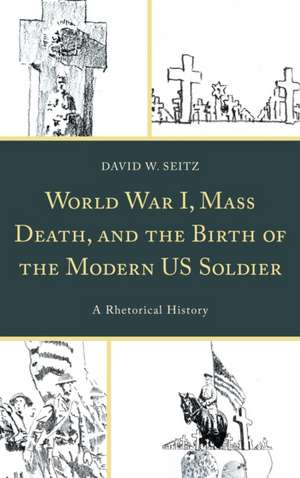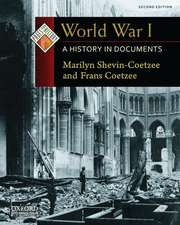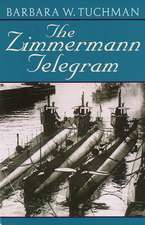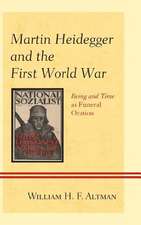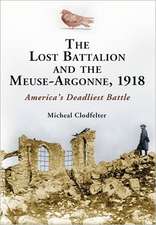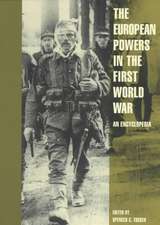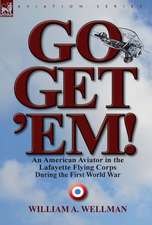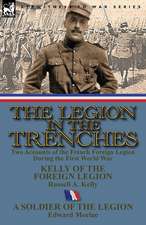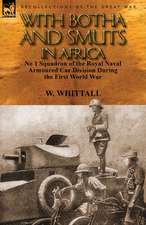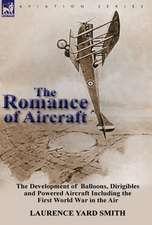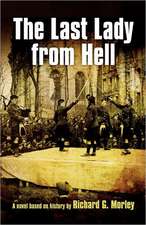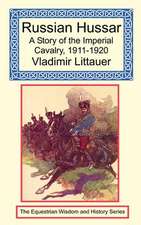World War I, Mass Death, and the Birth of the Modern US Soldier: Lexington Studies in Contemporary Rhetoric
Autor David W. Seitzen Limba Engleză Paperback – 28 sep 2020
Preț: 408.31 lei
Nou
Puncte Express: 612
Preț estimativ în valută:
78.13€ • 85.21$ • 65.88£
78.13€ • 85.21$ • 65.88£
Carte tipărită la comandă
Livrare economică 24 aprilie-08 mai
Preluare comenzi: 021 569.72.76
Specificații
ISBN-13: 9781498546898
ISBN-10: 1498546897
Pagini: 186
Dimensiuni: 152 x 229 x 21 mm
Greutate: 0.46 kg
Editura: Rowman & Littlefield
Seria Lexington Studies in Contemporary Rhetoric
ISBN-10: 1498546897
Pagini: 186
Dimensiuni: 152 x 229 x 21 mm
Greutate: 0.46 kg
Editura: Rowman & Littlefield
Seria Lexington Studies in Contemporary Rhetoric
Notă biografică
David W. Seitz is associate professor of communication arts and sciences at Penn State University, Mont Alto.
Descriere
A study in war rhetoric, material rhetoric, and public memory, this book explains how the aftermath of the American World War I experience led to the rhetorical production of the long-lasting and familiar icon of the modern US soldier as a virtuous, self-sacrificial, "global force for good."
